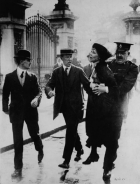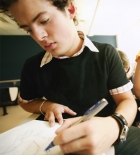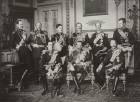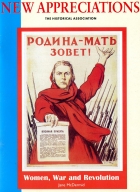Europe 1901-present
While war seems to be a backdrop to events in Europe in this time period the articles collected here explore many of the wider impacts and elements to the war. Medicine and technology are explored alongside dramatic changes in social attitudes. The political events that disrupt and shape Europe of the 20th century are explored though a range of engaging articles that include Russia and the USSR, Fascism and European co-operation.
Sort by:
Date (Newest first) | Title A-Z
Show:
All |
Articles |
Podcasts |
Multipage Articles
-

Using nominalisation to develop written causal arguments
ArticleClick to view -

Using the concept of place to help Year 9 students to visualise the complexities of the Holocaust
ArticleClick to view -

Using visual sources to understand the arguments for women's suffrage
ArticleClick to view -

Using ‘Assessment for Learning' to help students assume responsibility
ArticleClick to view -

Virtual Branch recording: Why has Monarchy survived in Europe?
ArticleClick to view -

WWI and the flu pandemic
ArticleClick to view -

Waking up to complexity
ArticleClick to view -

What kinds of feedback help students produce better historical narratives of the interwar years?
ArticleClick to view -

What’s in a narrative? Unpicking Year 9 narratives of change in Stalin’s Russia
ArticleClick to view -

Women, War and Revolution
ArticleClick to view -

Working as a team to teach the Holocaust well: a language-centred approach
ArticleClick to view -

Year 8 and interpretations of the First World War
ArticleClick to view -

Year 9 use sources to explore contemporary meanings and understandings of appeasement
ArticleClick to view

